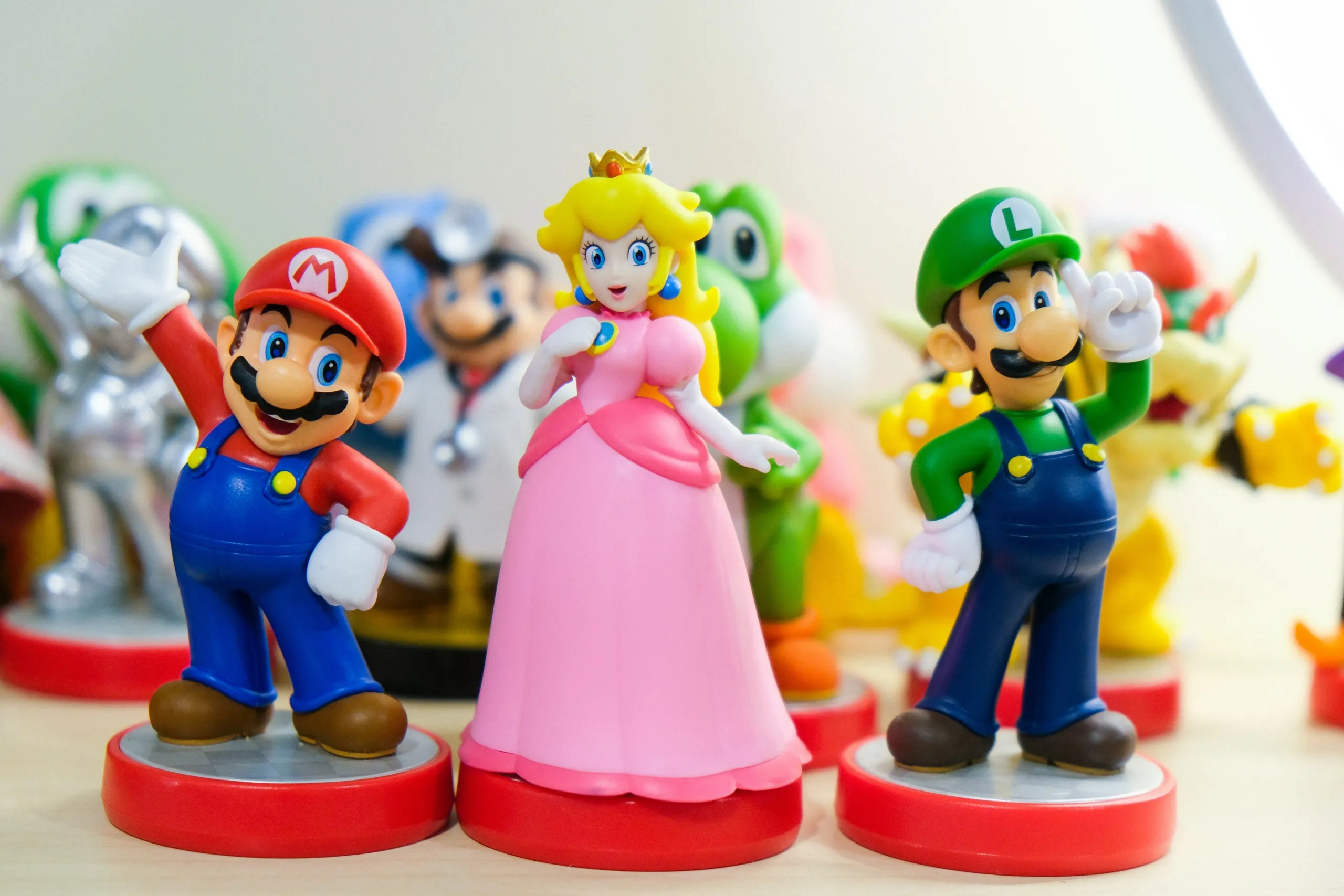Back in the 90s, there was a small home cook restaurant just outside the offices of Nintendo in Kyoto, Japan. An elderly Japanese woman would cook one dish a day and serve it out of the first floor of her house to the Nintendo staff who walked over there. Those were some of the best meals I’ve ever had.
I was lucky enough to enjoy many lunches at that home cook restaurant with legendary game designer Shigeru Miyamoto. But I’ll never forget the time when he shared with me one of the secrets to Nintendo’s massive success.
“We program almost nothing internally,” I recall Miyamoto saying, “We focus on what is important: design, gameplay and art. We can give the game to program to a number of companies.”
At the time, this was the exact opposite of what every other game company was doing. Everyone else would bring programming internally and outsource the art. Miyamoto didn’t think this was a good idea because building a franchise requires fantastic imagery, stories and gameplay, which are creative endeavors. Just about anyone can learn to program – there’s a defined language and set of rules that must be followed. It’s much harder to be creative.
No one else was thinking this way at the time. Then again, no one else was coming up with blockbusters like Mario and Zelda.
This type of thinking ran all throughout Nintendo, actually. The console maker also doesn’t have any manufacturing – it’s all outsourced and always has been. Like programming, the belief is that there are lots of factories that can make hardware – but very few companies can create novel concepts.
The big secret to Nintendo’s ongoing success is that it knows the difference between what is a commodity (something that can be easily replaced) and what is unique (Shigeru Miyamoto 😀). Nintendo focuses its time and resources on higher-level visionary stuff like hardware and game design. The company then builds and maintains relationships with the manufacturers and coders that can execute on that vision.
I’ve taken this lesson to heart as we begin to create the Unioverse.
The Unioverse will be a lot of things: A series of games, a platform for creativity, an innovative use of blockchain… But at its heart, the Unioverse is an awesome story. That’s why after launching the company the first team we put together was the writing and art team. Not marketing. Not biz dev. It was (and is) all about the narrative and character development. If no one cares about our story or connects with our characters, all the games and books and comics in the world won’t matter.
That’s why we brought on a murderer’s row of writers and artists including:
- Brent Freidman, who leads our storytelling and narrative, has worked on series such as Star Wars: The Clone Wars, Star Trek: Enterprise, Star Wars Rebels and the cult NBC series, Dark Skies, which he co-created.
- Ken Hall was someone I personally recruited to be the Unioverse Art Director after working with him at RealTime Worlds on hit franchises like Crackdown and All Points Bulletin.
- Stuart Jennett is our concept artist has done worldbuilding and art for Marvel comics and Star Citizen.
- Andy Baker is also directing our narrative and storytelling and has helped develop projects at Sony, Universal and Dark Horse Entertainment, and has worked side by side with Stan Lee on shows like The 7th Portal.
- Josh Viola is putting together our anthology, which will feature more than 25 of the best genre authors and artists telling Unioverse stories, and Josh is writing our first comic with Angie Hodapp.
After all of that work and worldbuilding we’re basically handing everything, the story, the characters and all the other assets that bring the Unioverse to life over to other game developers and fans. This will let other game devs and our community focus on what their unique talents are. Indie game studios don’t have to spend money and time on art and can dive right into creating unique game loops and mechanics.
And those developers who do take advantage of our resources? Well, they’ll eat their competitors’ lunch.

